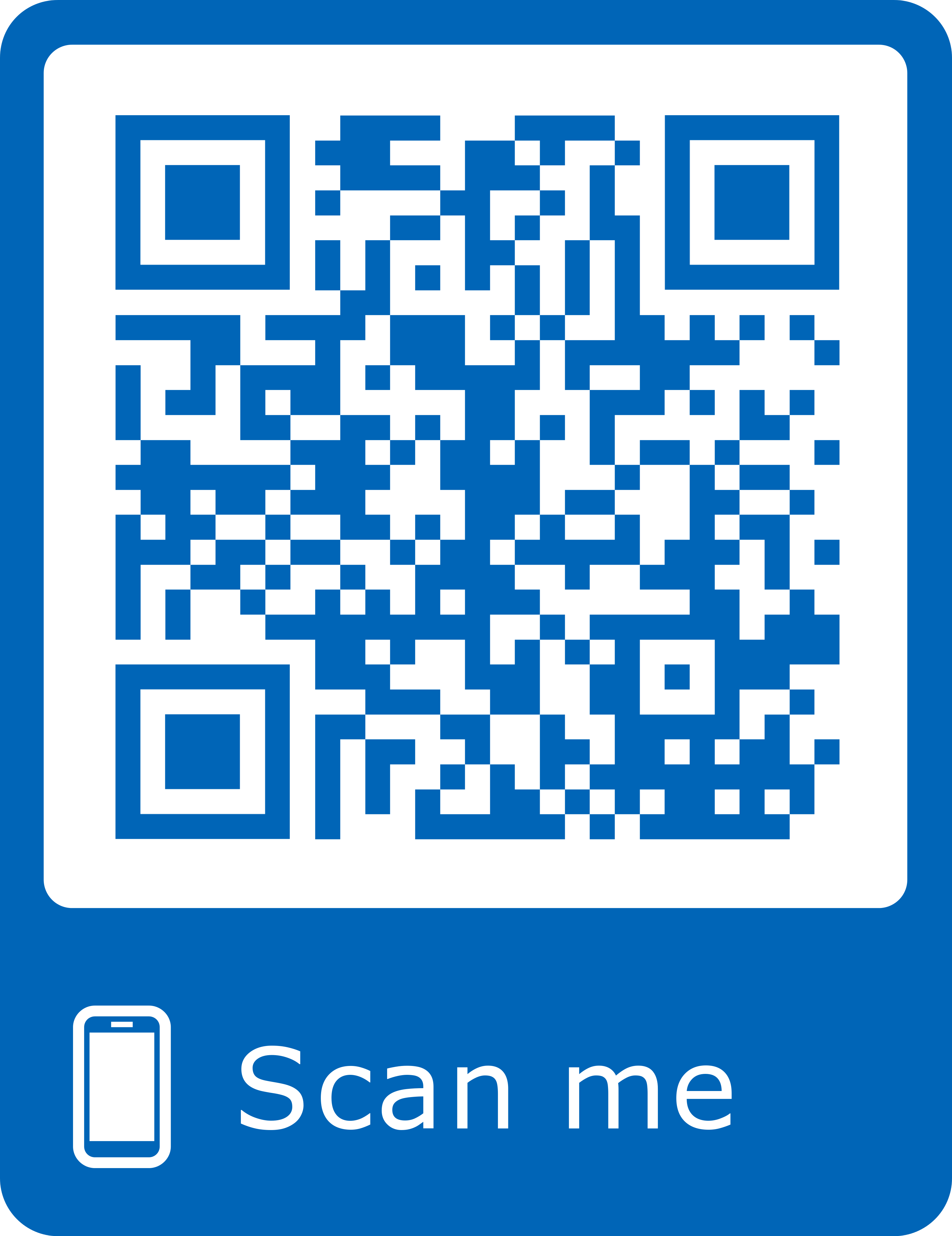- Reference Number: HEY1013/2018
- Departments: Emergency Department
- Last Updated: 31 August 2018
Introduction
This advice sheet has been produced to give you information about soft tissue, chest injuries and rib fractures. It is not meant to replace discussion between you and your doctor. If after reading it, you require further explanation please discuss this with the relevant person who has been caring for you.
Soft Tissue Injury / Rib Fractures
You have been assessed by a practitioner as having a chest injury. Most injuries are identified as soft tissue injuries to the chest area, however there may be uncomplicated rib fractures present.
The practitioner caring for you will have examined you and determined if you require an X-ray. The X-ray will be undertaken to rule out any damage to the lungs or pleural cavity (not to diagnose rib fractures).
The results of any examinations will be discussed with you prior to being discharged from hospital by the team caring for you.
Caring for your Chest / Rib Injuries
Chest injuries are often painful, pain may be experienced over a localised area that may be tender when touched, the pain may also be more widespread. These injuries often feel worse for 2 – 3 days after the injury. Bruising to the affected area may or may not be present.
Pain may not be present at rest but may be triggered when moving, coughing, sneezing or deep breathing. If you need to cough or sneeze, hold and support the area which is painful, hugging a pillow may help with this. There is no need to strap the chest as it is important to encourage deep breathing. This pain or discomfort may last up to 6 weeks.
Deep breathing exercises are extremely important for the prevention of chest infections and should be carried out at least every hour whilst you are awake. Taking 5 to 10 slow deep breaths (as deeply as you can) every hour will reduce the chances of you developing a chest infection, the healthcare team looking after you will provide you with instruction on deep breathing exercises prior to discharging you from hospital.
When to seek Medical Advice
If you become acutely short of breath or experience a crackling sensation beneath the skin, return to the Emergency Department immediately.
If you develop a temperature, a cough with discoloured phlegm, feel generally unwell, you must see your GP, attend a Minor Injury Unit or Walk-In Centre as soon as you can.
Pain relief medication
It is important to take regular pain relief medication as advised; over the counter medication may be adequate, however, if you require stronger pain relief, this will be prescribed by the healthcare team caring for you or your GP. Taking the medication as instructed, will help you to recover more quickly. If you have allergies or conditions which prevent the use of pain-relieving or anti-inflammatory medication, please seek advice from your General Practitioner (GP) or a pharmacist.
Should you require further advice on the issues contained in this advice sheet, please do not hesitate to contact the Emergency Department.
Under the General Data Protection Regulation and the Data Protection Act 2018 we are responsible for maintaining the confidentiality of any information we hold about you. For further information visit the following page: Confidential Information about You.
If you or your carer needs information about your health and well-being and about your care and treatment in a different format, such as large print, braille or audio, due to disability, impairment or sensory loss, please advise a member of staff and this can be arranged.
Children’s Emergency Department:
Open: 08.30 to midnight. Tel: 01482 482108
Adult Emergency Department
Open: 24 hours. Tel: 01482 482108
Emergency Department Reception
Open 24 hours. Tel: 01482 482154

